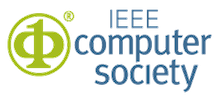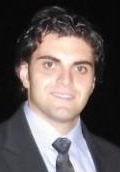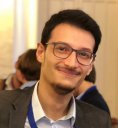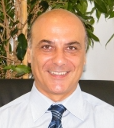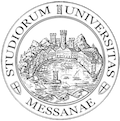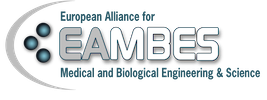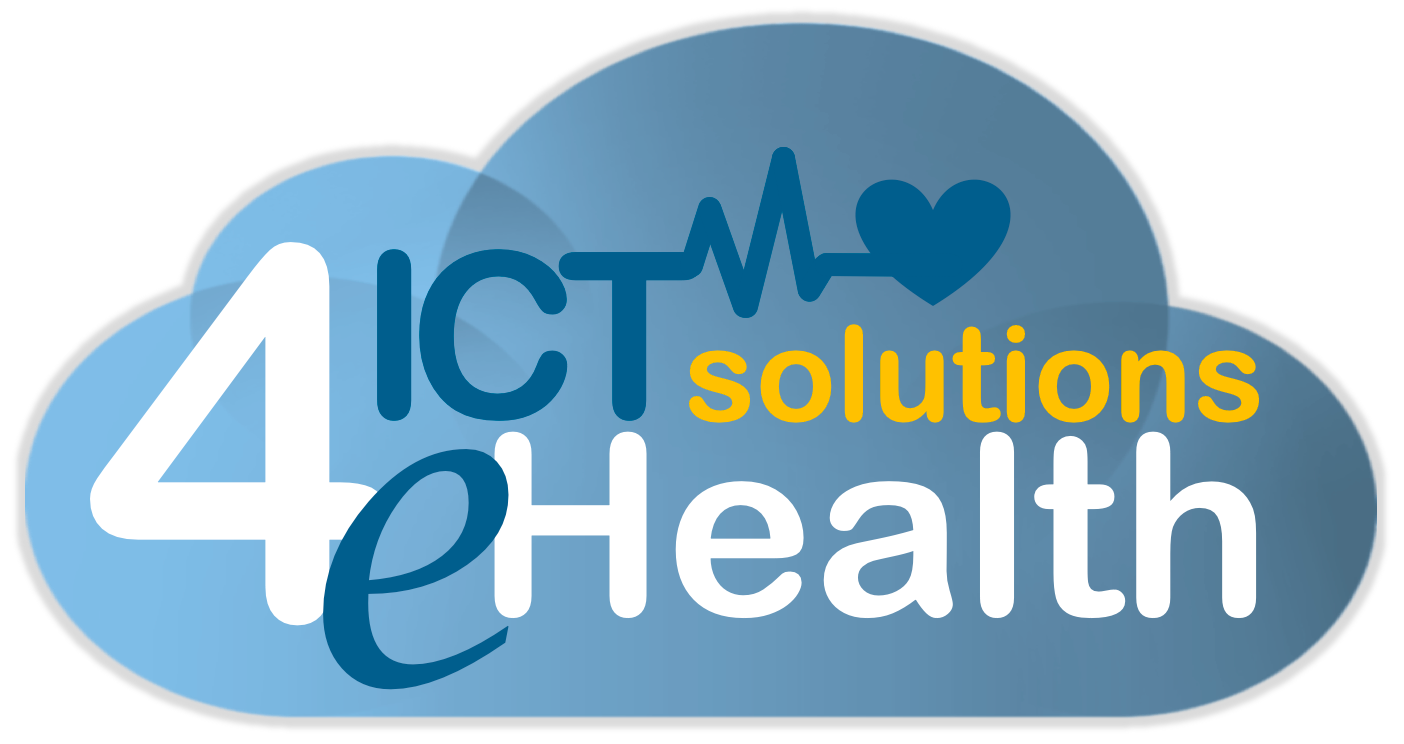
ICTS4eHealth
2nd edition of the IEEE Conference on ICT Solutions for eHealth
in conjunction with the 27th IEEE Symposium on Computers and Communications
NEWS: The final conference program is now online: click here to download it.
Instead, the program of ISCC 2022 is at the link: https://iscc2022.unipi.gr/program2022.php PLEASE NOTE:
Physical presentations will only take place on June 30, whereas online presentations only on July 1.
ICTS4eHealth participants are welcome to all the June 30 and July 1st activities, including the two keynote speeches listed in the program, the welcome reception, the lunches, the coffee breaks, and so on.
If you wish to participate in other events not taking place on June 30 or July 1, ISCC organizers will have a price list at cost.
Further information on the modalities for the virtual presentations will be provided as soon as they become available to us.
Rhodes Island, Greece
30th June - 3rd July 2022
We are optimistic that by the summer of 2022 the COVID-19 pandemic situation will improve and the event will be held physically in Greece.
However, we monitor the situation and will adapt accordingly, possibly allowing remote presentations if needed.
Please, feel free to contact us for any questions.

